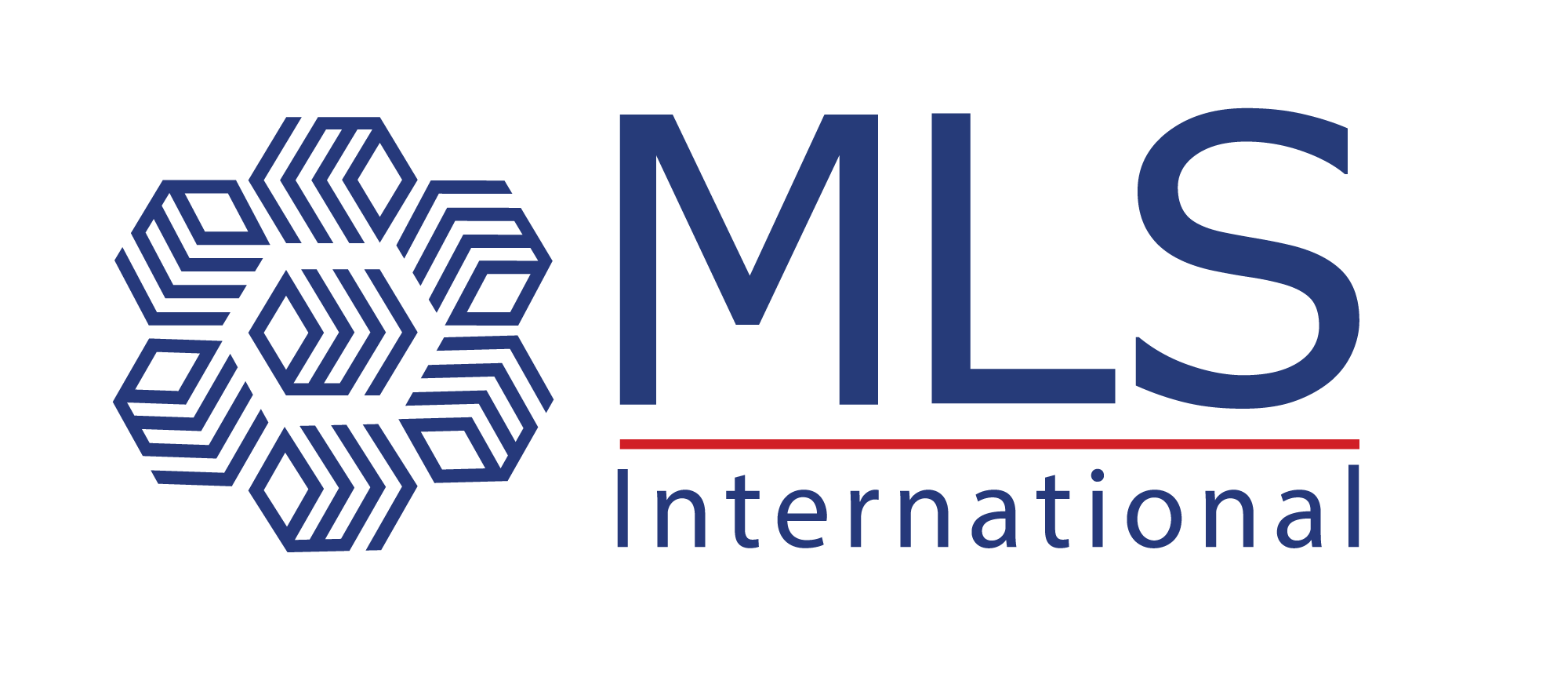Delegating Third-Country Nationals (Non-EU) to Work in the EU

Legal Basis
Delegating workers within the framework of service provision in the European Union is governed by Directive 96/71/EC—supplemented by Directive 2014/67/EU and Directive 2018/957—as well as Article 56 of the Treaty on the Functioning of the European Union. These legal instruments uphold the freedom to provide services across member states, ensuring that no additional restrictions are imposed on service providers operating legally within the EU.
Delegation Process
At MLS International, the delegation of third-country nationals is executed from within an EU member state where our company is legally registered. This arrangement means that we are not dealing with the direct provision of services from the employees’ home countries but rather operating as an entity within the EU. Consequently, the limitations set forth in the aforementioned directives do not apply.
According to Article 3 of the Directive, the following working conditions must be met for any delegated employee—provided they are more favorable than those offered in the host country:
- Work and Rest: Adherence to maximum working hours and guaranteed minimum rest periods.
- Annual Leave: Provision of a minimum amount of paid annual leave.
- Remuneration: Compliance with minimum wage requirements, including an appropriate hourly rate.
- Safety: Assurance of a safe and hygienic working environment.
- Equal Treatment: Commitment to non-discriminatory practices, ensuring equal rights for all employees.
MLS International strictly observes these conditions, guaranteeing that our delegation services are legally compliant and beneficial for both employers and employees.
Jurisprudence on Delegating Third-Country Nationals
The legal framework surrounding the delegation of third-country nationals was further clarified by the European Court of Justice in the landmark Vander Elst case. In this ruling, the Court addressed a situation where a Belgian entrepreneur deployed Moroccan workers to France and was penalized by French authorities. The Court’s decision established that EU member states must not impose extra restrictions—such as the need for additional work permits—on third-country nationals who are legally employed by an EU-based company.
A Special Example: Germany
In response to this ruling, Germany introduced a specialized visa—commonly referred to as the Vander Elst visa—that permits Polish companies to delegate third-country nationals to work in Germany. To qualify, the employee must have an employment contract with the Polish employer, and the contract must not be exclusively for the purpose of delegation.
Legality of Stay Versus Legality of Work
It is crucial to distinguish between the legality of employment and the legality of stay. While our employees are employed in full compliance with EU regulations under our delegation scheme, their authorization to reside in another EU member state is subject to separate visa or residence permit regulations. Typically, these permits allow a temporary stay of up to three months within a six-month period.
Registration in the Host Country
Should local laws require the registration of a delegated employee in the host country, MLS International takes full responsibility for managing these procedures. We ensure that all necessary notifications and registrations are completed in strict adherence to local consular and regulatory guidelines.
MLS International invites you to explore our comprehensive delegation solutions—designed to streamline the process of employing third-country nationals within the EU. For further information or to begin a collaboration, please contact our dedicated team.
About Us
Offering top-tier visa and recruitment consultant services, clients can expect highly professional assistance with visas and work permits across Europe.
contact@mlsvisconsultant.com
+380977166974
Connect

Aleja Jana Pawła II 27, 00-867 Warsaw, Poland
